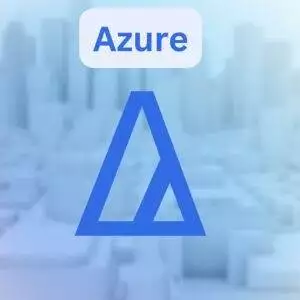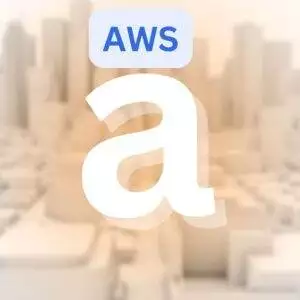Certified DevOps Systems Engineer
₹12,990.00
This course is meticulously designed for individuals who fit the following profile:
System Engineers in Transition: You are a system engineer with 0 to 8 years of experience and aspire to evolve into a DevOps professional. Your day-to-day responsibilities revolve around managing automation systems, making incremental improvements under the guidance of senior engineers, and enhancing automation frameworks.
System Backend Aficionados: You have a keen interest in understanding the intricacies of system backend management. Learning about system components and how they interact is a natural curiosity for you.
Collaborative Team Players: You thrive in collaborative environments and enjoy working closely with cross-functional teams. Communication and teamwork are your strengths, making you an effective collaborator in DevOps projects.
If you identify with these characteristics and are ready to take your career to new heights, the DevOps for System Engineers course is your gateway to a transformative journey.
Total Duration: Approximately 2.7 Months
Mode of Training: Online Live Instructor Led Session Options: Weekdays (1 hour/session) or Weekends (2.5 hours/session)
Hourly Breakdown for Each Topic:
- DevOps Concepts – 3 hours
- DevOps Terminologies – 2 hours
- Virtualization with Virtualbox – 3 hours
- Infrastructure as Code (IaC) with Vagrant – 4 hours
- Cloud Technologies – 3 hours
- Linux Administration for DevOps – 6 hours
- LXD container administration (former LXC) – 4 hours
- Docker administration – 4 hours
- Containerization with Kubernetes – 6 hours
- Openshift Administration – 4 hours
- Openstack Administration – 4 hours
- AWS public LAAS cloud knowledge – 4 hours
- Terraform Coding – 4 hors
- Automation with Ansible – 4.5 hours
- Continuous Integration and Continuous Deployment (CI/CD) with Jenkins – 6 hours
- Monitoring with Nagios, Prometheus, Grafana – 4 hours
Based on the latest insights from AmbitionBox and Glassdoor, the average annual salary for a DevOps System Administrator in India with 6-8 years of experience stands at a lucrative amount of ₹8 – 12 Lakhs, translating to approximately ₹70 – 90 k per month. You can even bag an offer upto 22LPA based on your capability – We will also teach you about negotiation skills. So as you can understand, you are doing an investment here that promises substantial returns, opening doors to a lucrative future, we just need your full dedication. It is an immersive bootcamp with extensive hands-on sessions. It is not for the lazy learner.
Transitioning from a System Administrator to a DevOps expert may seem like a leap, but don’t worry we’ve charted out the path for you. Leverage your existing skills and broaden your horizons. Our program is specifically designed to help you to become a proficient DevOps System Administrator, which the organizations crave to hire to on board that synergy of system administration and DevOps.








Reviews
There are no reviews yet.